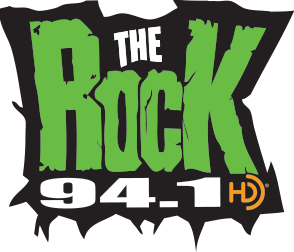RAPID CITY, S.D. (KOTA News) – On Monday, families will walk to remember relatives who died at the Rapid City Indian Boarding School.
South Dakota has an ugly Indian boarding school legacy, which has remained largely forgotten until recent research unearthed grave sites of children, which then led to questions about land distribution.
The Indian Civilization Fund Act, passed 200 years ago this year, led to the formation of Indian boarding schools. Native children were forcibly removed from their homes and families, taken to the boarding schools, where they were punished for speaking native languages and stripped of the cultural identity, suffering physical, sexual, cultural, and spiritual abuse and neglect. Many never returned home, and their fates have yet to be accounted for by the U.S. government.
While questions about the land issues remain unanswered, efforts to tell the story of the 44 who died at the Rapid City Indian Boarding School continue, with the Second Annual Memorial Walk, scheduled to take place on Monday, Native American Day.
Lindsay Huffman, from the Rapid City Indian Boarding School Memorial Committee and member of the Rosebud Sioux Tribe said these children had no communication with their families and families didn’t know what happened to their relatives until recently.
Huffman said they ask for children to participate in the proceedings.
Huffman said it’s important to know the past.
KOTA TV reported in August that researchers have made more than 40 public presentation on their findings. Last week, they held their first presentation with the Rapid City Area Schools and the Rapid City Council.
The history of the Rapid City Indian Board School is hosting 5 presentations, the first of which took place this week.







